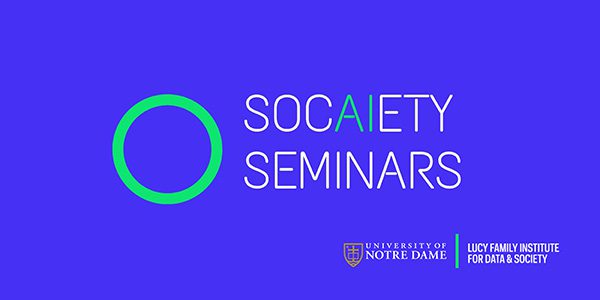Tracery
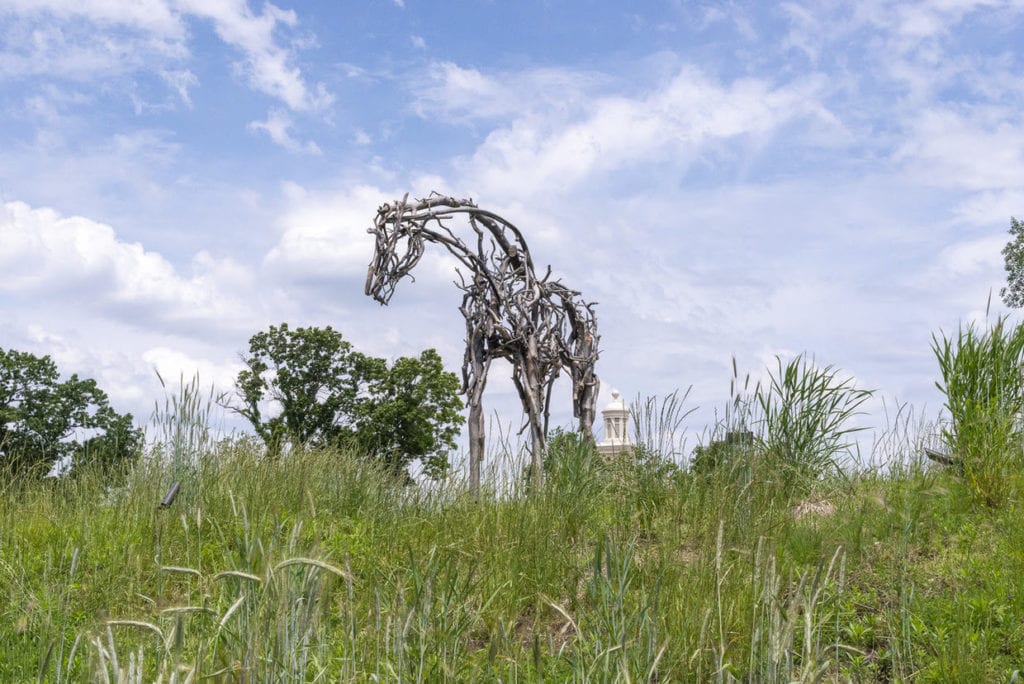
ABOUT THE ARTWORK
Who made it?

This sculpture was created by Deborah Butterfield, an American artist known for her depictions of horses. Butterfield uses everyday, often discarded objects like sticks and metal scraps to build lifesize sculptures of horses that mirror their living counterparts in every way.
Butterfield has explained that she is every horse she creates—each one is a self-portrait. Every horse has a different essence and each reveals a sensitive and unique view of the world. About her connection to horses she says, “The first thing that I saw in my life that I remembered looking important and wonderful was a horse. I was just moved by them in a non-rational, passionate way before I even had words to describe it.”
What’s going on in this work?
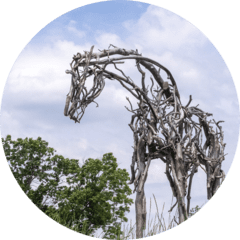 Deborah Butterfield has sculpted horses for her entire career. She fabricated early works from reclaimed steel and found pieces of wood. Tracery looks as if it is made up of actual wood pieces but, upon closer inspection, it becomes clear that the sculpture is an assembly of bronze copies of pieces of wood. Most recently, Butterfield has been casting found branches, twigs, and driftwood in bronze. Each piece of bronze ‘wood’ is methodically and expertly patinated to faithfully match the colors of the original branches. She then uses these metal elements to create her sculpture. The resulting horses look as if they are made out of wood but have the hidden strength and endurance of a bronze sculpture, allowing them to be placed outside in the elements and remain undamaged.
Deborah Butterfield has sculpted horses for her entire career. She fabricated early works from reclaimed steel and found pieces of wood. Tracery looks as if it is made up of actual wood pieces but, upon closer inspection, it becomes clear that the sculpture is an assembly of bronze copies of pieces of wood. Most recently, Butterfield has been casting found branches, twigs, and driftwood in bronze. Each piece of bronze ‘wood’ is methodically and expertly patinated to faithfully match the colors of the original branches. She then uses these metal elements to create her sculpture. The resulting horses look as if they are made out of wood but have the hidden strength and endurance of a bronze sculpture, allowing them to be placed outside in the elements and remain undamaged.
Take a closer look.
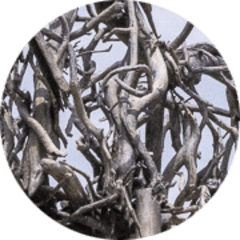 Click on the full image of Tracery above to see a larger version of the work. Look closely at the sculpture and use these questions to guide your looking. Share your thoughts with your family at home, with a friend through a virtual conversation, or with us in a response to this email.
Click on the full image of Tracery above to see a larger version of the work. Look closely at the sculpture and use these questions to guide your looking. Share your thoughts with your family at home, with a friend through a virtual conversation, or with us in a response to this email.
- How would you describe the mood of this sculpture? What do you see that makes you say that? How do you think the mood would change with the season or time of day?
- The first two artworks in the Our Collection. Your Inbox. series (take a look here and here) were landscapes. Tracery ‘lives’ outside in a very specific landscape–The Charles B. Hayes Family Sculpture Park. How do you think this sculpture might look in the winter versus the spring? The summer versus the fall?
Download the Raclin Murphy Museum of Art app to take a virtual walk through the Sculpture Park today! Available for free download from your regular app store.
To receive the collection in your inbox, join the Raclin Murphy Museum’s mailing list.
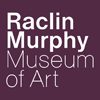
Engage with the Raclin Murphy Museum of Art by exploring their collection through background information and reflection questions. For more information on the collections, please visit the Raclin Murphy Museum of Art website.
Learn MoreMarch 30, 2020

